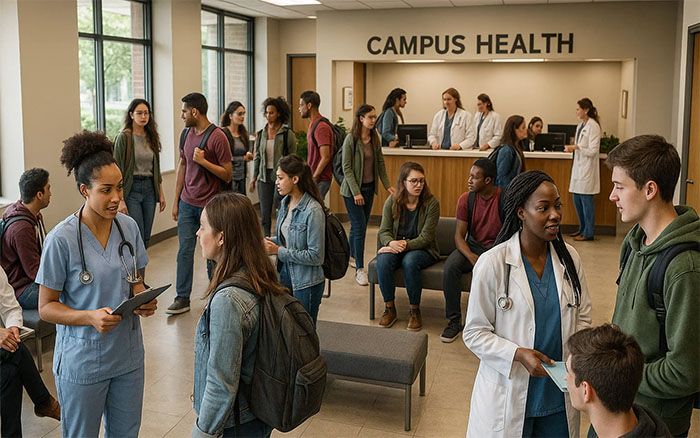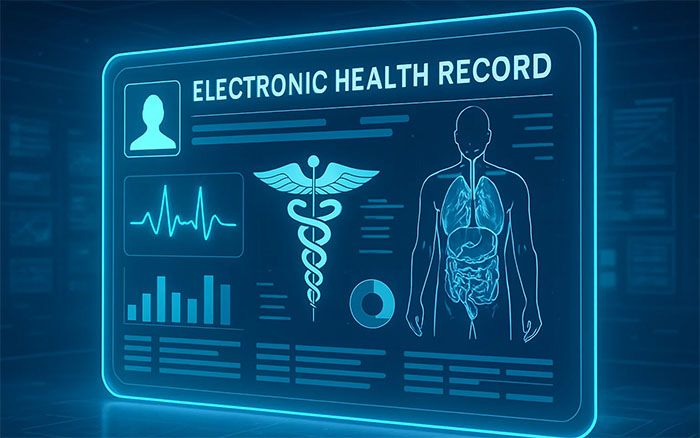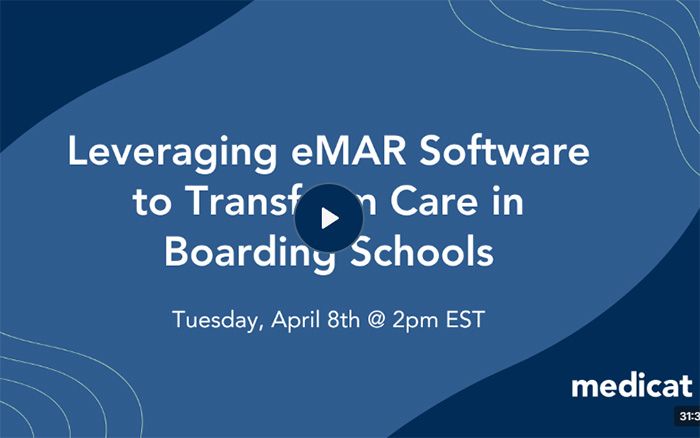Managing Shared Data Between Health & Counseling Clinics
 College health and counseling clinics are two important resources that play a significant role in the well-being of college students. However, there’s often a disconnect between these two entities. This can lead to incomplete information and lack of coordination in treating students who may need both physical and mental health care. Sharing data between college health and counseling clinics can help bridge this gap and improve overall student well-being.
College health and counseling clinics are two important resources that play a significant role in the well-being of college students. However, there’s often a disconnect between these two entities. This can lead to incomplete information and lack of coordination in treating students who may need both physical and mental health care. Sharing data between college health and counseling clinics can help bridge this gap and improve overall student well-being.
One of the major challenges in sharing data between these two clinics is maintaining confidentiality and privacy. Students may be hesitant to share their personal health information if they feel it will not be kept confidential. Therefore, it’s critical to establish clear policies and procedures for sharing data and ensure that all staff members are trained on these policies.
Another challenge is the technical aspect of sharing data. Health and counseling clinics may use different electronic health record (EHR) systems, making it difficult to exchange data between them. One solution to this problem is to adopt a universal EHR system that can be used by both clinics. This would enable easy sharing of data and improve coordination of care.
Sharing data between health and counseling clinics can have many benefits for college students. For example, a student who is seeking treatment for depression may also have an underlying medical condition that could exacerbate their symptoms. If the health clinic has access to the student’s counseling records, they can make more informed decisions about the student’s care.
Similarly, a student who is seeking treatment for a physical ailment may be experiencing mental health challenges related to their condition. If the counseling clinic has access to the student’s health records, they can provide more comprehensive care and support.
Sharing data can also improve the efficiency of care. Rather than having students repeat their medical history and symptoms to multiple providers, clinicians can access a student’s complete health record and provide more targeted and effective care. This can reduce the time and resources needed to provide care, which can be especially important in busy college health and counseling clinics.
Additionally, sharing data can help identify patterns and trends in student health. For example, if the health clinic notices an increase in students reporting stress-related symptoms during midterms or finals, they can work with the counseling clinic to develop targeted interventions and support for students during these times.
Sharing data between college health and counseling clinics can improve the quality and coordination of care for college students. However, it’s important to establish clear policies and procedures for maintaining confidentiality and privacy, as well as addressing any technical barriers to sharing data. By working together, health and counseling clinics can provide more comprehensive and effective care to support the health and well-being of college students.








